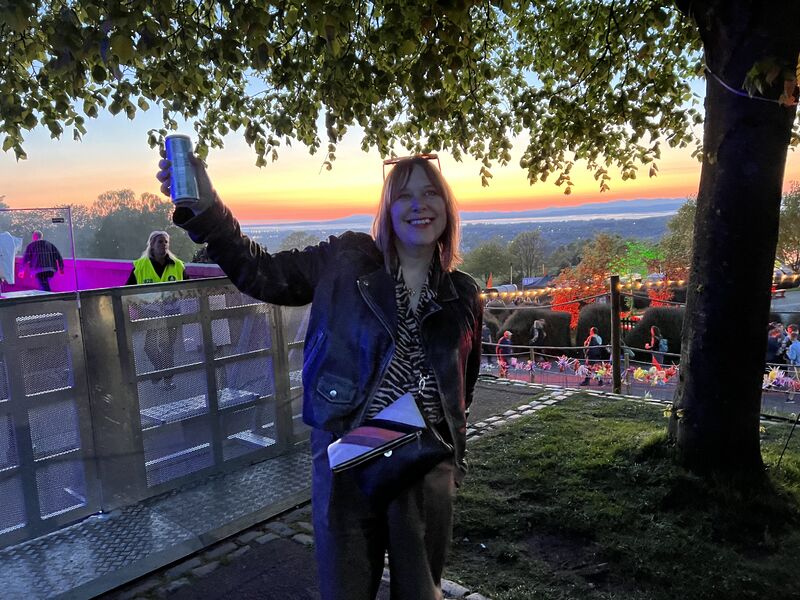Why it's time for me to stop playing it safe on LinkedIn...

Emma Bridger
Minutes
26 Jan 2024
Empathy
Social Media
Kindness
Social Media
Kindness
In 2007 the Spice Girls announced their reunion tour, the Arctic Monkeys headlined Glasto, Man Utd won the premier league, Tony Blair stepped down as PM, Prince William opened the new Wembley stadium and I joined LinkedIn. I was working in-house at E.on, had recently moved up north, and at that time only had 2 kids! I really enjoyed LinkedIn back then, I met some great people, had some good conversations, and learnt lot – but over the years things started to change...
I’m not exactly sure when it happened, but the tone changed; some people were mean, even abusive, I got trolled, and received some very dodgy emails and experienced some real unpleasantness . In the beginning I responded to the harsh, often personal, comments, and I fought my corner, but over time it got me down, so I began to retreat.I’ll be honest, it really affected me. I would feel anxious posting something that I thought might attract the attention of those people who thought it was ok to behave badly online. Don’t get me wrong, I welcome different opinions and challenge, I enjoy a good debate and I love it when people make me think differently. But I believe there is a respectful, professional, and even kind, way to do this. So I found myself playing it safe, posting comments, and thoughts which would avoid possible conflict.
It’s interesting to look at why people behave badly online, whether it’s LinkedIn or other social media. Unsurprisingly there’s a heap of psychological studies into this. In summary, being online lowers your inhibitions, which can result in people either being meaner, or opening up more than they would in real-life. This is referred to as online disinhibition which is a phenomenon where individuals online do or say things that they would not say or do in “real-life” (Suler, 2004). There are a number of reasons as to why this happens:
- Being online makes you feel more anonymous, and therefore less accountable for your actions. And this can happen even if you’re not posting anonymously
- Body language and tone don’t come across in the same way, so it’s easy for things be mis-interpreted
- There’s often a lag between posting a comment and getting a reply so it’s easy to post something and then forget about it without considering the possible consequences
- We can also attribute different meanings and intentions to the words we write online, based on our own expectations, which can be in conflict with the way we actually come across
- The physical distance between us and the people we’re communicating with can make us more outspoken, brave and yes sometimes meaner
- Some people view online more like a game where the rules of real-life don’t apply
- Interacting online levels the playing field, which can be a positive thing; we see each other more as equals. But a strength overplayed can be a weakness which can translate into a lack of respect and people acting differently to how they might in real life
However, despite my previous bad experiences I’ve decided to make a change. For a long time now I have wanted to be ‘more me’ on LinkedIn and to stop playing it so safe. I just wasn’t sure how. I have come to conclusion I just need to be braver and speak my mind more openly. And when it gets tough I need to explore why this seems to affect me and how I can work on this. I’d love to know your thoughts on this, if you’ve experienced something similar and how you dealt with it or if you cope really well with conflict online and have any tips! As ever thanks for reading – and feel free to connect with me on LinkedIn here!
@Emma
@Emma

